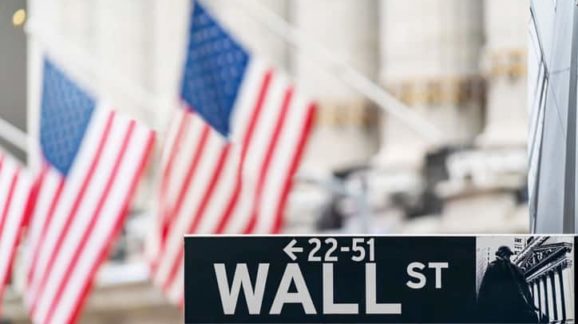ESG Mission Creep Could Lead to Serious Legal, Market Risks for Companies

Photo Credit: Getty
An increasing number of U.S. corporations are signaling their commitment to corporate social responsibility by integrating environmental, social, and governance (ESG) issues into their operations and investments. Once content to make modest pledges about avoiding pollution and “treating workers with respect,” some brands are broadening their ESG portfolio and wading into deeper and more controversial waters on issues like criminal justice reform and civil rights. Their professions of solidarity have received mixed reactions.
Engaging with such issues has clearly been deemed to be a net positive for these firms, the recent backlash against Goodyear notwithstanding. But as the tolerance for taking public positions on controversial social issues increases, companies would be well advised to consider how far their activist mission is allowed to creep.
If a company decides to stand up for marginalized minority groups here in the United States, how about the Middle East? One of the hottest topics at progressive gatherings and college campuses is the conflict between Israel and the Palestinian Authority over their respective political futures. Left-of-center political leaders and advocacy groups have shown a lot of support for the boycott, divestment, and sanctions (BDS) movement, which seeks to isolate Israel politically and economically over their policy regarding the Palestinians. Are today’s popular consumer brands ready to wade into that fight as well?
I suspect they are not, as even Ben & Jerry’s, perhaps the most legendary of activist corporations (now a wholly-owned but “autonomous” subsidiary of Unilever), has been receiving flak for years from pro-BDS activists for continuing to do business in Israel. If the crunchiest corporation in the world still gets attacked from the left, there’s little chance that any mainstream company is going to come out unscathed. Add to that the non-trivial legal problems that come with running afoul of federal and state anti-boycott rules, which dish out significant sanctions against firms who join such foreign policy boycotts.
The Arab-Israeli conflict is a unique geopolitical environment over which passions burn especially hot. But it’s a good example of how a well-intentioned company could easily blunder from a position that’s seemingly uncontroversial and popular with its customers (“Yes, black lives do matter!”) to one that exposes the firm to a dangerous level of risk and uncertainty, and over which they are likely to lose as many customers as they gain. That’s especially relevant since the promoters of ESG investing in the finance industry are quick to defend its premises as sound risk mitigation strategies rather than the money-losing utopianism it is sometimes accused of being.
The progressive logic of intersectionality will inevitably lead to more and more companies fielding demands that they expand their endorsements of activist movements. They will all likely end up being pressured at some point to take positions that the firm’s own managers know are unwise and liable to blow up in their faces. The further they go down the road of endorsing political agendas that are unrelated to their products, however, the less room they’ll have to stand on when they finally refuse to go any further. Establishing a reputation now for principled neutrality might be the best investment of all.